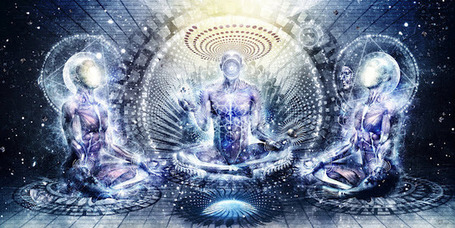
(Phaedrus 244a). An assessment of Plato's theory of divine inspiration (mania)
In the Ion, Socrates claims that the poet experiences this rarefied atmosphere in the form of a divine 'madness' that comes from the gods, channelled through the poet, who 'is not able to make poetry until he becomes inspired and goes out of his mind, and his intellect is no longer in him.' Socrates concludes that 'beautiful poems are not human, not even from human beings, but are divine and are from gods; that poets are nothing but representatives of the gods, possessed by whoever possesses them' (534b-e).[2]
http://www.philosophypathways.com/essays/watson2.html
Second speech of Socrates (244a-257b)
Madness (244a-245c)
Socrates begins by discussing madness. If madness is all bad, then the preceding speeches would have been correct, but in actuality, madness given as a gift of the gods provides us with some of the best things we have.[Note 19]There are, in fact, several kinds of divine madness (theia mania), of which he cites four examples:
- From Apollo, the gift of prophecy;
- From Dionysus, the mystic rites and relief from present hardship;
- From the Muses, poetry;
- From Aphrodite, love.
http://en.wikipedia.org/wiki/Phaedrus_%28dialogue%29
No comments:
Post a Comment